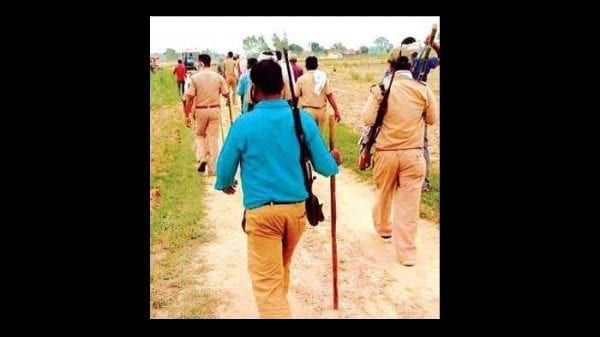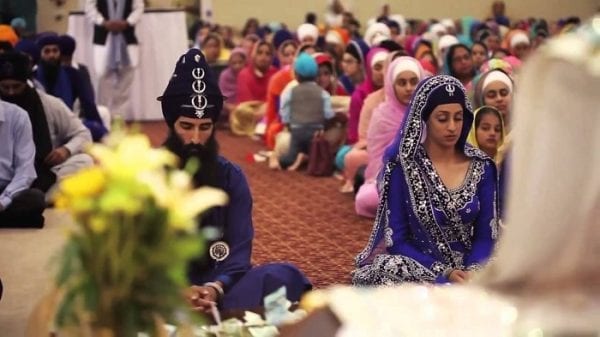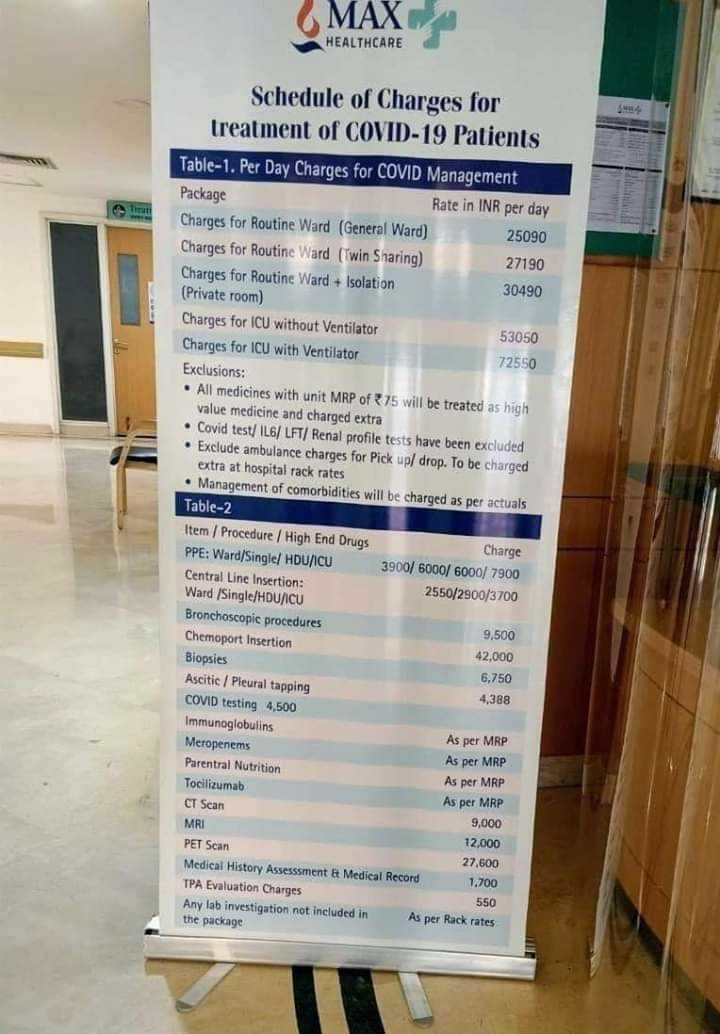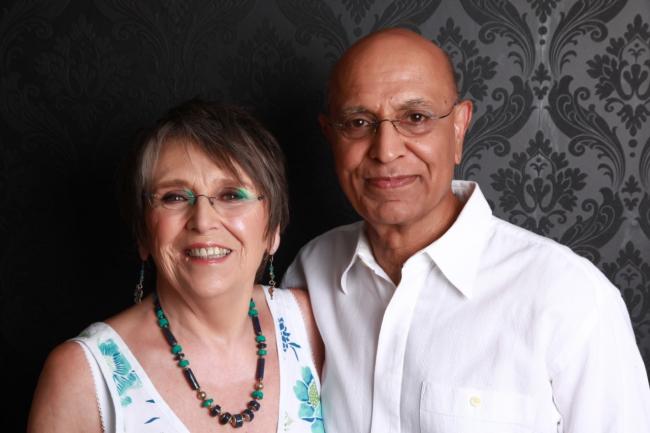Tuesday, June 16, 2020
Guru Nanak Gurdwara, in Smethwick (UK):Sikh Temple Features in England’s Most Important Faith Buildings
Guru Nanak Gurdwara, in Smethwick (UK)
A new listing of England’s most important faith building features Europe’s largest Gurdwara features alongside iconic locations such as Stonehenge and Canterbury Cathedral.
Guru Nanak Gurdwara, in Smethwick, has been chosen alongside nine other places of faith to feature in A History of England in 100 Places which is being run by campaign body Historic England.
A citation by Historic England said the Gurdwara, which was built in the 1990s, housed one of the largest congregations in the UK and was the biggest in Europe.
“It continues to expand with Smethwick’s growing Sikh population,” it added.
“Community is at the heart of the Sikh faith and Gurdwaras are a focal point for communities to come together and get closer to God.”
The faith and belief category was judged by Reverend David Ison, dean of St Paul’s Cathedral in London, and narrowed down dozens of nominations from members of the public into a final ten.
Rev Ison said: “Sikh communities are an important and valued part of our social fabric.
“This particular Gurdwara shows the geographical spread of different faiths in our country and represents how different communities and cultures come together to enrich British society.”
Historic England’s chief executive Duncan Wilson said: “The history of faith and belief in England is rich and complex.“They tell us about dissent, conflict, tolerance and kinship between believers, as well as how the practice of faith has influenced and been influenced by the landscape.
“They show how England has a long history of people from different faiths leaving their mark in a legacy of special buildings and places which still make a strong spiritual connection today.”
Cllr Bira Sehmi elected first Sikh mayor of St Davids and possibly all of Wales
ST DAVIDS has welcomed its new mayor, Cllr Bira Sehmi, the first Sikh to be elected as Mayor not only in St Davids probably in Wales.
Cllr Sehmi was born in Nairobi, Kenya and was educated in Nairobi and London. He worked in various well-known international architects' practices in London, Surrey, and Hampshire
He has been visiting St Davids since the mid 1960s and married a local farmer's daughter, the Mayoress, Sylvia Sehmi.
The couple moved back to the city in 2010 and Cllr Sehmi was elected to the city council in 2017.
A keen cricketer, Cllr Sehmi is also a committee member of St Davids Community Forum, the city's Memory Cafe, Friends of Oriel y Parc and St Davids Historical Society
"It is a great honour to have been elected as mayor and my wife Sylvia as mayoress of St Davids City Council, the smallest city in Great Britain," said Cllr Sehmi.
"This has come at an exceedingly difficult period during the Covid-19 epidemic. I will endeavour to do my best to serve the local community during this challenging time.
"During this epidemic, the local community has shown its strength and agility in helping those who needed the most help in whatever way they could."
Cllr Sehmi thanked all the volunteers of St Davids Befrienders, the councillors and volunteers in helping with the St Davids Food Pod in the City Hall for the local needy families and to key workers.
"I extend my warmest thanks to all the NHS and all the related medical staff, supporting people from various walks of profession and life who have been working extremely hard to keep us going during this epidemic," he said.
"My condolences go to all those people who lost their loved ones to this awful Covid-19."
Cllr Sehmi said he looked forward to getting back to some sort of normality soon to kick start the local tourist industry and other businesses who have faced an uncertain and difficult time.
SGPC directs teachers to conduct online classes for religious studies

CHANDIGARH, Punjab—On June 12, the religious preachment wing of the Shiromani Gurdwara Parbandhak Committee held a meeting of teachers teaching religious studies in SGPC run colleges and schools. All the teachers were directed to complete the syllabus via online classes.
It is noteworthy here that the SGPC is already organizing online religious camps across the state due to the prevailing Covid-19 pandemic situation.
In a press note shared with Sikh24, Manjit Singh Bath informed that all the teachers have been directed to conduct online classes via video conferencing so that the syllabus could be completed by time. “We have also directed teachers to apprise students with the history of upcoming centenaries,” he added.
All the teachers presented their views and recommendations for the continuing classes for religious studies in this tough time.
Vice-secretary Tejinder Singh Padda, Gurmeet Singh Buttar, Prof. Sukhdev Singh, Palwinder Singh Chitta, Supervisor Gurpreet Singh, Bhai Jagdev Singh, Bhai Jagtar Singh Khodebet etc. were also present on this occasion.
After 73 years of Indo-Pak partition, Muslim owners still await Hindu tenant to come back and open lock of his shop

CHANDIGARH, Punjab—At the time of India-Pakistan partition in 1947, a Hindu shopkeeper doing business on a rented shop was forced to leave his shop in Loralai, Balochistan (Pakistan) as he had to move to India. He locked his shop while asking the owner of the shop not to open the lock and wait for him to return.
The owner assured him that nobody will open the lock of his shop and he will wait for him to return back.
Even after 73 years of India-Pakistan partition, the tenant shopkeeper didn’t return and the owners of this shop have not opened the lock of his shop.
It is learned that the main owner of this shop died a few years back but he had told his children not to open the lock and wait for the return of the Hindu tenant, whose surname was ‘Kakkar’.
Almost 73 years have passed, the shop is still locked. The shop still awaits the occupant who may never return, but the promise has been kept which was made 73 years ago.
Hate Crimes in US: Incident of Attack on Elder Sikh man comes to fore

NEW YORK, USA—While the United States of America is facing ire over racial murder of George Floyd, another incident of racial attack on an elder Sikh in Jefferson county has come to fore. A 61 year old Sikh named Lakhwant Singh was reportedly hit by a 36 year old man Eric Breeman with his car on April 29 this year due to which he suffered serious injuries.
After attacking Lakhwant Singh, Eric Breeman shouted at him while saying “go back to your country”.
Media reports reveal that Lakhwant Singh’s arm got broken in this attack besides damage to ribs, internal bleeding, multiple bone fractures, a fracture in the spinal cord and head injuries.
Sources have revealed that the Jefferson County’s District Attorney is not accepting this attack as racist or hate crime. The district attorney doesn’t consider shouting “go back to your country” enough for hate crime charges.
The Sikh Coalition has said that the attacker shouted profanity at Singh and his wife, Manjit Kaur, and repeatedly told the couple to “go back to your country”.
Asked if “go back to your country” was not racial, DA spokesperson Russell said: “Unfortunately, that kind of talk happens all too often, but that in itself is enough for us to be able to prove he was targeted/attacked for his race.”
SAD to take up issue of displaced Sikh farmers with UP CM

It is learnt that the Uttar Pradesh government sent police to displace these Sikh farmers from about 17 villages of districts Rampur, Bijnaur and Lakhimpur.
Shiromani Akali Dal (SAD) on Monday announced to take up the issue of displacement of around 1,000 Sikh farmer families from four different places in Uttar Pradesh with chief minister Yogi Adityanand. It would also approach home minister Amit Shah to ensure they were not subjected to any injustice.
Senior party leader and former MP Prem Singh Chandumajra said SAD president Sukhbir Singh Badal had formed a three-member committee, including him and Rajya Sabha MPs Balwinder Singh Bhundur and Naresh Gujral, to discuss the issue at the appropriate levels. He said the party core committee had also resolved to ensure justice to the affected Sikh families of UP.


SAD’s UP kisan wing president Jasbir Singh Virk had brought it to the notice of the party that Sikh families were being displaced in Bijnore, Lakhimpur Kheri, Rampur and Nanakmata through coercive action. “SAD expresses solidarity with the affected farmers most of whom have settled in Uttar Pradesh after being displaced during partition in 1947 and will ensure they are not uprooted from their lands again,” said Chandumajra.
Anand Marriage Act likely to get imposed in Pakistan’s Punjab province after lockdown

LAHORE, Punjab—The work to frame rules for registering Sikh marriages under Sikh Anand Karaj Marriages Act in Pakistani Punjab has begun. It has come to fore that a draft of rules has been prepared which might come in effect soon after lifting of lockdown.
Notably, the ‘Punjab Sikhs Anand Karaj Marriages Act 2017’ was unanimously passed in the Pakistani Punjab’s assembly in March-2018 to legally recognize Sikh marriages in Punjab province of Pakistan.
Speaking to media, Parliamentary Secretary Mohinderpal Singh informed that this Bill will require the approval of governor after the rules are framed. “In this concern, we have already held a meeting with the Federal Home Ministry of Pakistan,” he added.
Sources have revealed that if this Bill comes in effect then the newly wedded Sikh couples can register their marriages by filling a form within 30 days of their marriages.
To get divorced, the husband or wife will have to lodge a complaint with the Chairman of Sikh Anand Marriage Committee. The chairman will then issue a notice to the second party and it will be mandatory for the second party to meet the Arbitration Council within 30 days of receiving notice.
The Arbitration Council will give a chance to the duo parties to sort out their differences and will approve divorce, if the differences are not sorted out.
Meanwhile, it is learned that the Sikhs residing in other states of Pakistan have also become active to get this bill imposed in their states.
It is pertinent to note here that the marriages of Sikhs in Pakistan are currently registered by the authorities of Gurdwara Janam Asthan Nankana Sahib, Gurdwara Sri Panja Sahib and Gurdwara Bhai Joga Singh (Peshawar) but this registration doesn’t hold any legal value.
According to this bill, a marriage ceremony, or Anand Karaj — which is defined as “the lawful union of a Sikh male and Sikh female” — will be performed in accordance with the religious practices as per Sikh tenets. A “marriage deed”, a legal document authorizing the matrimonial union, will then be issued by a registrar who will be appointed by the Punjab government.
Subscribe to:
Posts (Atom)













